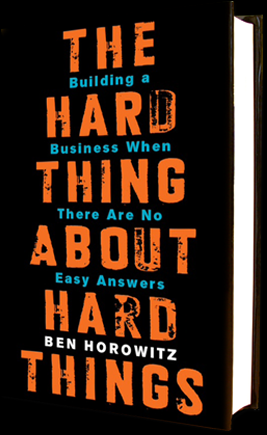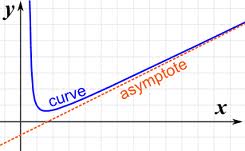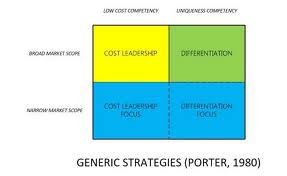Marketing (marcom in particular) is communicating about your product and company things that customers believe are true n'est pas? Therefore, understanding how customers recognize truth is a pre-cursor to believable communications.
I've found three groups of people who've worked "truth" really hard. Religious, philosophers and mathematicians. Apparently there are ..... 9, NINE, IX, 8+1 ..... different theories your customer (assuming they're people) might use to decide whether your statements are true! Here they are:
1) Coherence - fits within a whole
2) CORRESPONDENCE - proved by evidence or individual opinion in a similar context
3) Constructivist - constructed from social processes, culturally specific
4) Consensus - whatever is agreed upon by a specified group
5) Pragmatic - verified by results of putting one's concepts into practice
6) Pluralist - "property" of a statement which makes a proposition true
7) DEFLATIONARY - assertions of truth don't mean anything, they're a tool of discourse to emphasize claims or form generalizations (also called Minimalist)
8) Redundancy - asserting something is true is the same as asserting the real thing
9) EPISTEMIC - notion of truth is epistemic (all of the above)
Whew...there you go. Now we know what to do.
If it helps, mathematicians thought they were on the most solid ground before Godel's incompleteness theorems http://goo.gl/Z50liu now they'd rather not talk about it.
Wait there's more ... "according to a survey of professional philosophers in November 2009 (taken by 3226 respondents, including 1803 philosophy faculty members and 829 philosophy graduate students) 44.9% of respondents accept or lean towards CORRESPONDENCE theories, 20.7% accept or lean towards DEFLATIONARY theories and 13.8% EPISTEMIC theories." (I'm not sure what happened to the other 20.6% maybe they told them to buzz off).
Here's your takeaway....
1) ~45% of your audience will find 3 or 4 independent testimonial sources that corroborate your pitch (customers, thought leaders, editors, bankers, car salesmen etc) credible
2) ~20% will think you're just BS'ing to make a point
3) ~15% will think that it's all so complicated whatever anyone believes is cool
4) ~20% won't show up (read or listen)
http://psychology.wikia.com/wiki/Truth
"The opposite of a correct statement is a false statement. But the opposite of profound truth may be another profound truth" -Niels Bohr
"A lie makes a problem part of the future, the truth makes a problem part of the past." - Quote from YMCA Camp Marston






